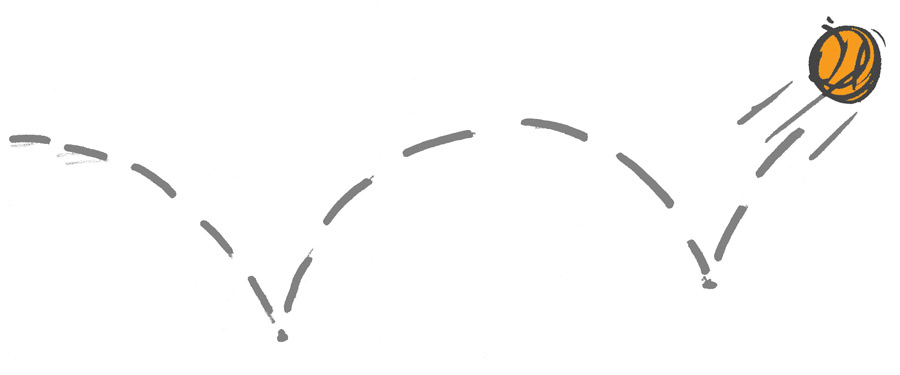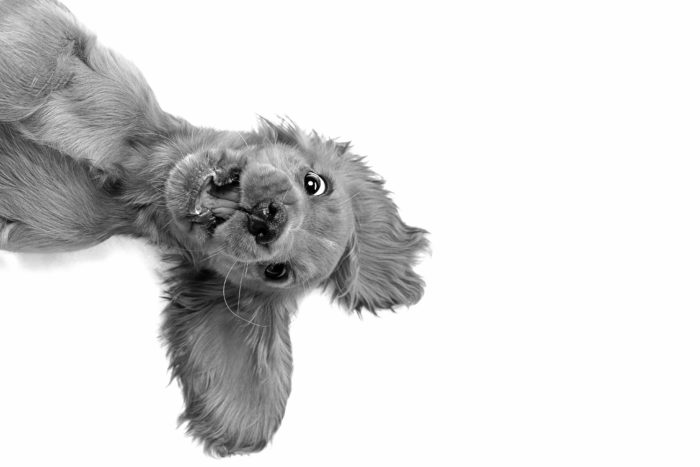Playing games with our dogs is essential and responsible. You might think, “They are games, how important can they be?” Think of them as enrichment for your new family member. Games contribute to your pup’s mental and physical well being. Dogs love to play. Games provide the opportunity for species-specific behaviors such as stalking, chasing and foraging.
Dogs are predators and instinctively they want to chase, catch, and chew.
Playing games with our puppies and dogs is exciting, fun, and relaxing. Any quality interaction with another living animal helps to build a bond and will encourage and increase the level of trust between you. It enhances our relationship with our dogs and quite possibly with nature, depending on where you are playing. Many people and dogs experience an increase in their vitality and sense of health and well-being from playing. All this good stuff, by merely hamming around with our furry friends.
Certain games are incredibly therapeutic for your dog. Dogs are predators, and instinctively they want to chase, catch, and chew. Playing games that allow the dog these outlets is beneficial since they are a blast for the dog, but they lower the chances of him getting his fill by chasing cars or bikes or shredding your personal belongings. You are providing your dog with a positive outlet.

Games can also serve as reinforcement for behavior. Hide and Go Seek is an excellent example of this. We can hide treats or a toy. Next, call your pup to come. Each time they come to us they get to search for treats, or their favorite toy (see Recall in Life Skills). This strengthens our puppy’s recall and gives him the opportunity to exercise his sniffing skills.
The more you teach your dog, the easier they learn new things.
A great technique to use is to release the puppy from whatever you are teaching with the opportunity to play a game. Releasing (see Release in Life Skills) with a game translates to something like this: puppy is in a ‘down,’ you give him a release cue, and as he gets up, you throw the ball to start a game of retrieve. Doing this accomplishes the obvious thing – it’s fun! More importantly, it makes your training so much more powerful! What starts to happen in the little doggie mind is that it is unclear where the game begins and where it ends. Doing this helps increase the puppy’s focus and attention. He never knows when you may WOW him with his favorite sport. He ends up spending a lot of time concentrating on you, and this is a good thing.
Tips For Playing With Your Dog
We will go over the specifics of games for you in this section but there are some basic principles regarding how to play games with your puppy.
- Play Low! Keep the toy that is in your hand low to the ground. This helps prevent jumping up and biting.
- Do not leave toys that you use for the games lying around on the floor, put them away in a toybox. This helps keep them novel and exciting.
- Puppies can be particular about the toys they play with. You may need to do some experimenting with different toys in order to discover what your pup’s preferences are, but it is well worth the effort.
- Take the time to build up a desire in the puppy to really want to play the games. Don’t rush it. Play for short periods of time and then quit while the puppy is still excited about the game. If the puppy gets bored and quits, then you have played for too long.
- Your body posture and intonation help make the game more successful. Silly animated voices, inviting posture, such as bending over or kneeling, depending on what game you are playing, or opening your arms wide, running away from the puppy, smiling, singing, being silly, this is what it’s all about.
- The level of excitement that you create surrounding the games should be proportional to your puppy’s own excitability scale. If he is naturally very eager and engaged, he won’t need much of a push in that direction. Conversely, if he is timid, placid, or very low key, he will need more of a push.
- Some games may need to be taught in steps, part A and part B. Some games will be very simple to begin with and get more complex as the puppy’s knowledge and confidence and strength builds. We will help by describing these situations.
- The only limitation of playing games is your imagination.

